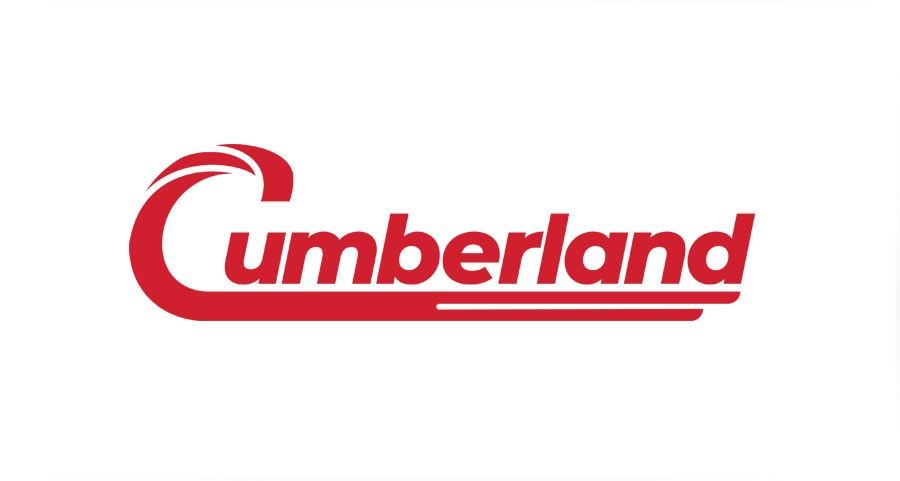6 Tips For Preparing Your Barn For Spring
Mar 25, 2021
Spring is right around the corner. This means longer days, warmer weather, and time to prepare your barn for the change in seasons.
It’s essential to prepare your barn for Spring and the warmer months ahead. We share some of the most important things you can do to prep.
Inspect And Maintain Your Barn Ventilation Systems
It’s important to perform regular inspections and maintenance on your barn ventilation systems. Just like preparing for winter, the spring season is an opportunity to perform a thorough inspection.
Throughout most of the country, winter months can become blistering cold. Maintaining enough warmth is vital for animal health. Spring and summer pose the opposite challenge: keeping your barn and livestock cool.
The first step is to remove fan covers and perform a thorough cleaning of each fan. Equally as important is adjusting inlets and shutters to match changes in ventilation rates. Also check that these are fully functional and replace them if necessary.
Next, ensure your barn’s ventilation controllers are set to maintain the proper ventilation rates needed to remove moisture, gas, and potential contaminants from inside of the barn. Ventilation rates will vary depending on:
●Your climate
●The size of your barn
●Natural and passive ventilation
●The type and number of livestock in the barn
One of the best practices that you can implement is to create a set of ventilation procedures for all seasons. This helps ensure that your barn’s ventilation can be properly maintained and monitored.
Check And Repair Barn Doors And Windows
Doors and windows are important barn features. Spring is an ideal time to check on both and perform any necessary maintenance.
The first place to start is removing any temporary winterization that was applied. In many climates across the country, additional winterization may be unnecessary during the warmer months and lead to excess energy consumption to properly cool your barn.
Additionally, spring is an ideal time to repair or replace doors or windows. Both are important means of passive ventilation and can help create an open airflow for certain barn styles and weather conditions.
Perform Spring Cleaning
Spring is a chance to de-clutter your barn. Take this opportunity to re-organize and catalogue parts and equipment.
De-clutter & Re-organize
In some cases, you may want to remove as much as possible from your barn and look at everything you have. Take inventory of each item and ask:
●Do you use it?
●Is it safe?
●Does it need to be replaced?
Determine what hardware and tools need to be kept, what needs repaired or replaced, and what can be tossed or recycled. It’s also helpful to use a notebook to write a list of the items you need to replace.
Before putting kept items back into the barn, this may also be a great opportunity to install new shelving or cabinets to help you organize.
Deep Clean
Snow melt and higher levels of humidity cause excess moisture, dirt, and debris to accumulate in your barn as winter changes to spring. All of this can lead to the growth of bacteria, mold, and harmful pathogens.
Spring is a good time to thoroughly clean and sanitize your barn. Deep clean and disinfect your stalls, food storage rooms, aisles, and any supplies that have been sitting in there all winter.
You should also disinfect floors and wall panels. This helps make your barn safe for you and your livestock.
Prepare For Pests
Spring and summer bring warm weather. Unfortunately, they also bring insects and pests. As you’re preparing your barn for Spring, don’t forget to stock up on essential pest control products.
Start by discouraging pests from entering your barn:
●Keep all food properly stored in sealed containers or metal feed bins
●Remove clutter from your barn to decrease nesting sites
●Keep your barn well lit
Bird Control
Birds can become pests, too. They may enter barns to nest. Decoys are an effective way to prevent birds from nesting or roosting in or on a barn. Additionally, perch repellents can be used to keep birds from perching on a barn or outbuilding.
It’s important to note that all birds are protected by state and/or federal law except pigeons, house sparrows, and European starlings. Check with your state's Department of Natural Resources for more information on managing bird infestations.
Preventing Insects
Having the right pest management supplies on hand goes a long way, but preventative measures can do a lot to prevent insects, as well.
Flies and mosquitoes are two of the most troublesome insects. Having a strong insect prevention plan can help to minimize their presence, increasing the safety and comfort of your livestock.
Simple measures are the staple of any good prevention plan. Two important things you can do are identify and eliminate any free standing water, and properly manage and dispose of manure and food waste.
Water is a breeding ground for mosquitoes, and manure piles or dirty stalls will attract flies. Heading into spring, work to have an active pest prevention plan in place. Include any workers in the plan and assign roles accordingly.
Repair Leaking Water Lines
Despite even the best prevention efforts, cold weather can wreak havoc on plumbing. Be sure to check all water lines and repair all leaks. This has a number of benefits:
●Reduces water waste
●Prevents excess moisture from forming in barns
●Helps eliminate potential mold and bacteria growth
While checking your barn’s water lines, it’s also an excellent idea to inspect livestock drinkers. Drinkers are generally less susceptible to colder weather, but spring provides an opportunity to perform a more detailed inspection. Be sure to repair or replace faulty drinkers.
Inspect De-Icing Equipment And Water Buckets
As you take inventory of and store your winter equipment, take time to inspect de-icing equipment and heated water buckets.
These items take a lot of wear and tear that can go unnoticed. Before storing them for the season, give each one a look-over and test to make sure they are still working properly and are fully functional.
Make note of how many need replaced or repaired. Then add this to your list of supplies that you’ll need after you’ve finished your barn’s spring prep.
Prepare Your Barn For Warmer Weather With Farmer Boy
There is a lot that goes into preparing your barn between seasons. Whether you’re in need of replacement parts for fans or a totally new ventilation system, we have parts and supplies for any size operation.
Shop online for all of the agricultural supplies you need to get your barn in top shape for spring!






